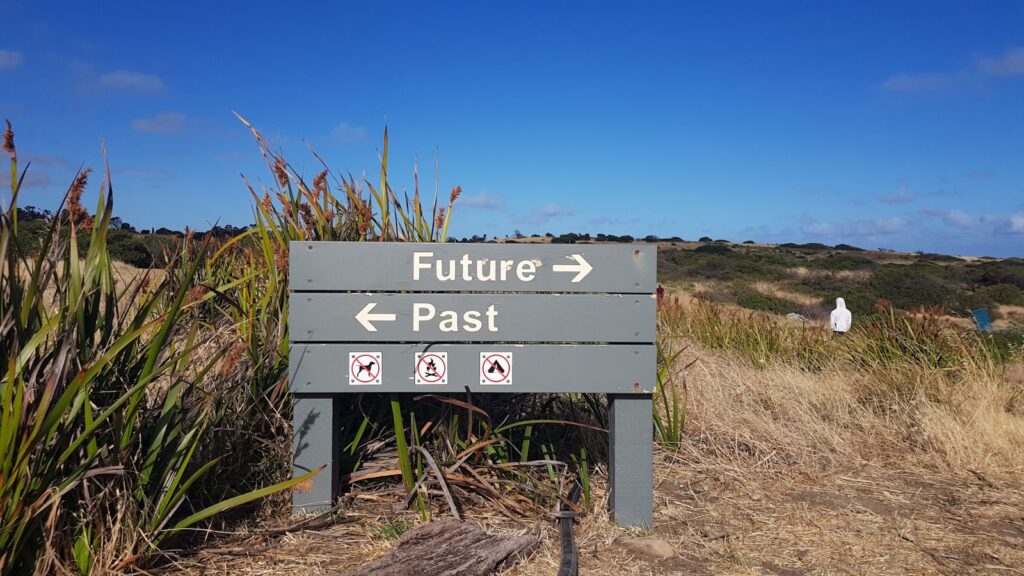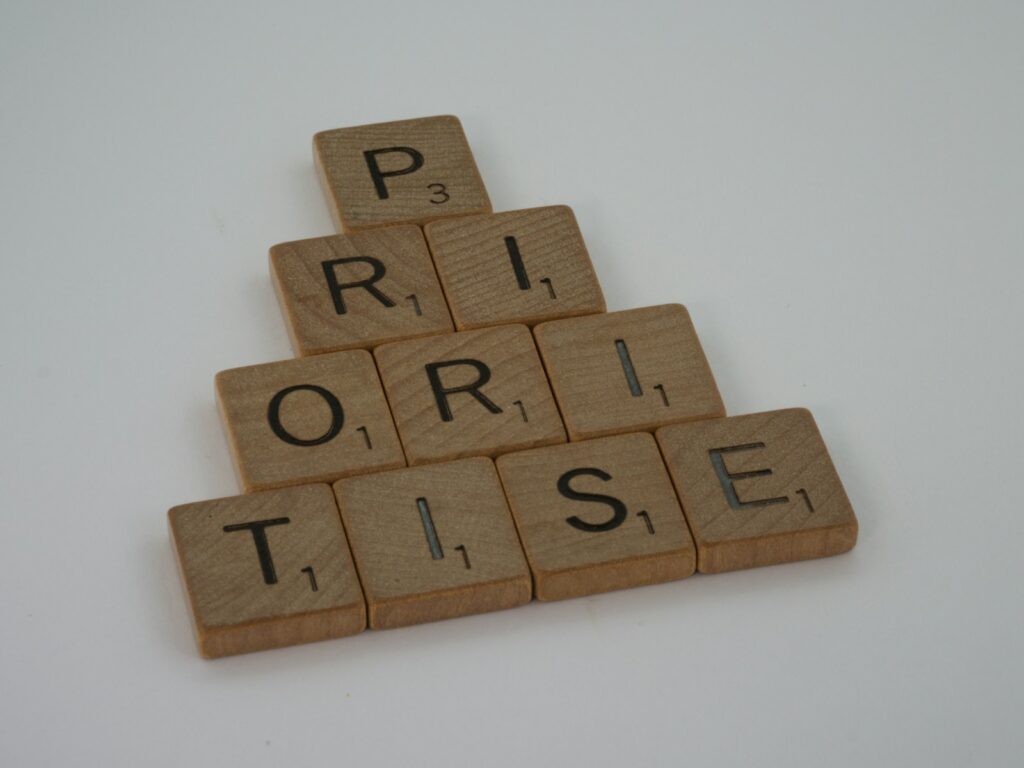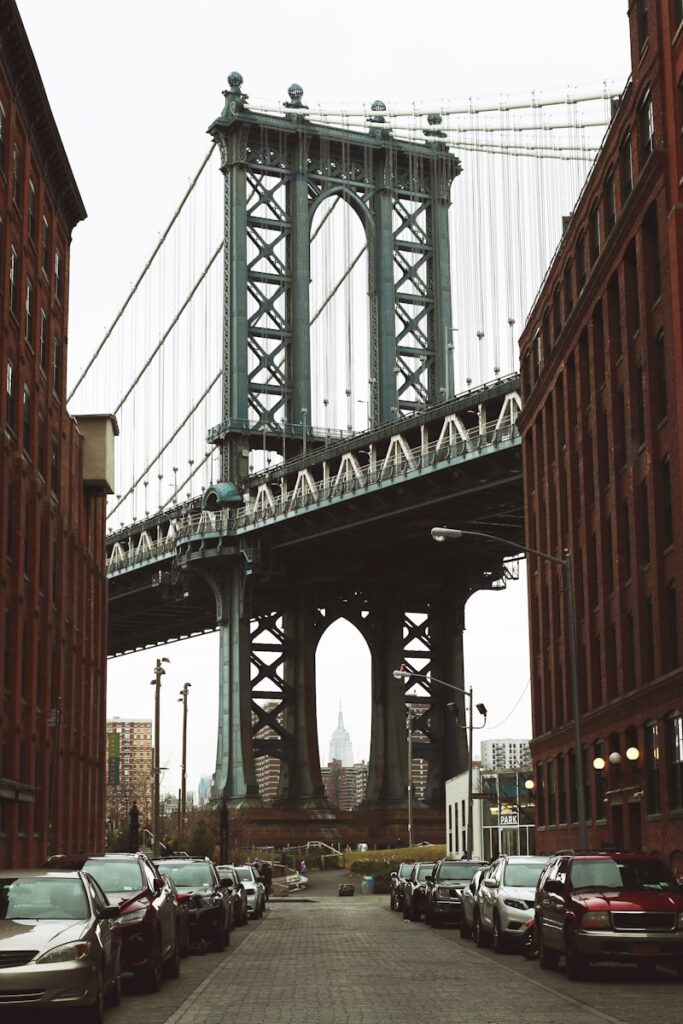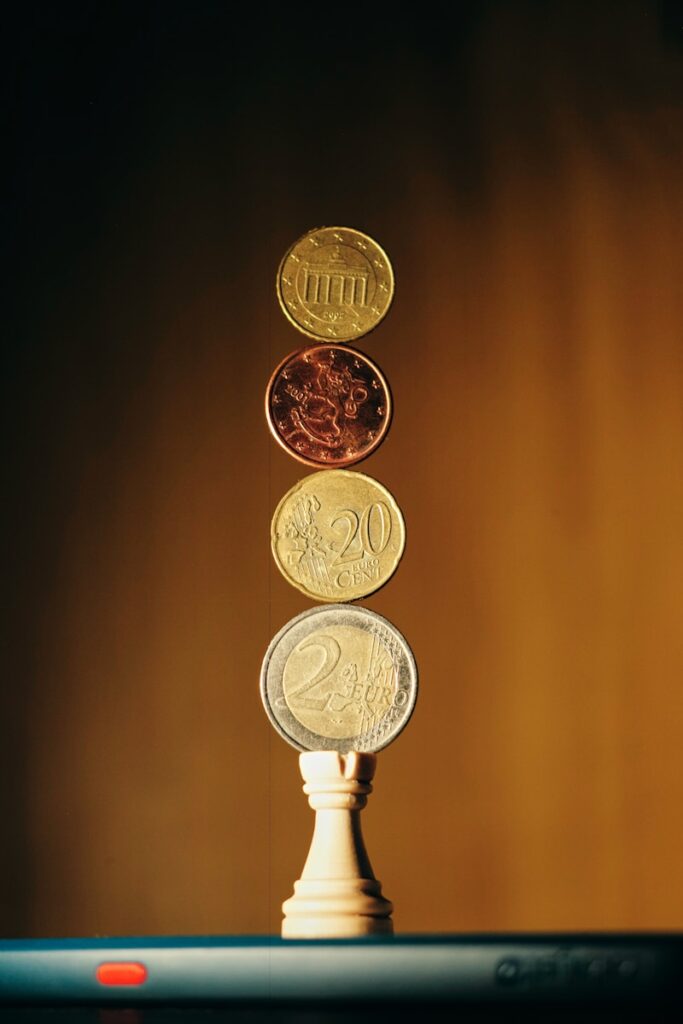
26 Opportunities and Threats of 2026
BY
Liberte / January 28, 2026
After recent years filled with tragic events, conflicts, and global pandemics, many of us are, above all, hoping for a breakthrough in the form of an ending. An end to populism, an end to war, or an end to the right-wing offensive launched by Trump in 2024; an offensive that has swept across Europe, both Americas, and is steadily pushing us toward an open war with Putin’s Russia.



![Is Simplification Enough? In Conversation with Martin Vlachynsky [INTERVIEW] Is Simplification Enough? In Conversation with Martin Vlachynsky [INTERVIEW]](https://4liberty.eu/phidroav/2026/01/cats.jpg)

![The Return of History to the Present with Luuk van Middelaar [PODCAST] The Return of History to the Present with Luuk van Middelaar [PODCAST]](https://4liberty.eu/phidroav/2025/11/Liberal-Europe-Podcast-Format-1-1024x1024.jpg)



![Can We Build Consensus on Climate Policy? with Susi Dennison [PODCAST] Can We Build Consensus on Climate Policy? with Susi Dennison [PODCAST]](https://4liberty.eu/phidroav/2025/10/Liberal-Europe-Podcast-2024-2-1024x1024.jpg)

